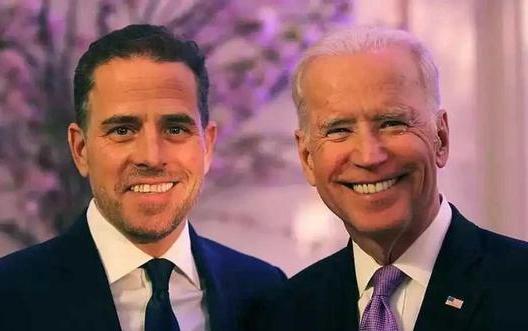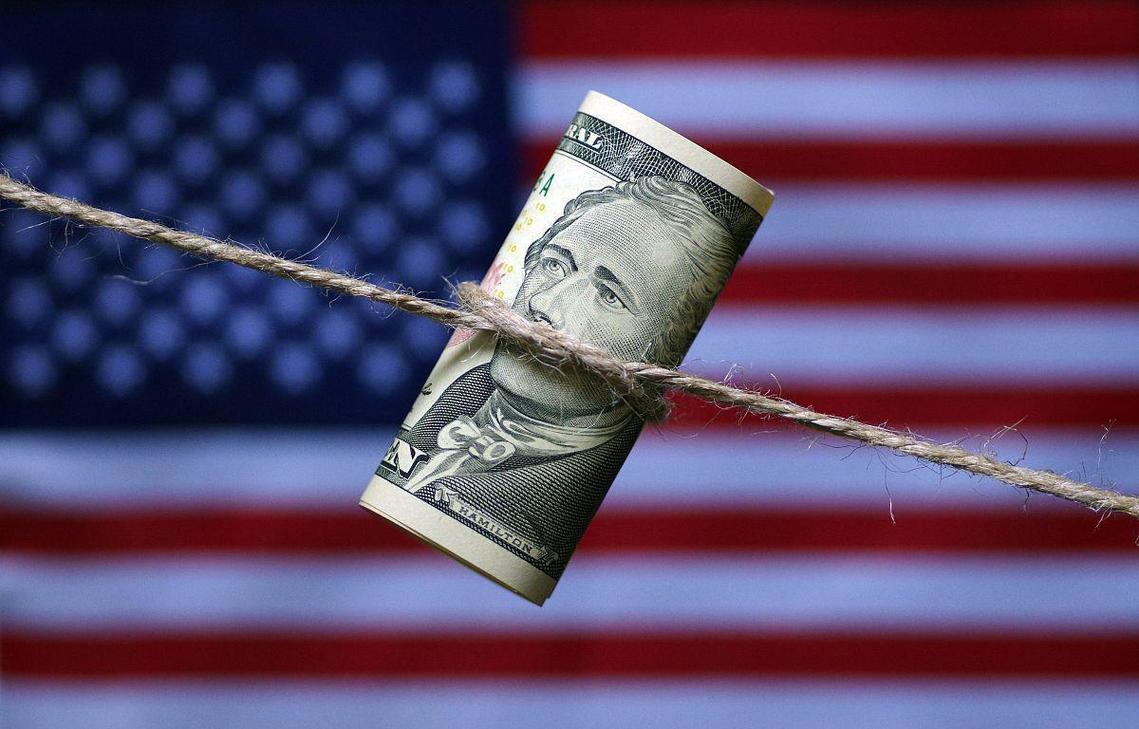
On December 1, 2024, President Joe Biden decided to pardon his son, Hunter Biden, clearing him of federal charges related to tax evasion and illegal firearm possession. This decision immediately triggered a fierce debate, with the public and political commentators questioning whether Biden was abusing his power, using his presidential pardon authority to protect his family from legal consequences, and safeguarding his own political legacy as his presidency neared its end.
The presidential pardon power is designed to correct miscarriages of justice or to grant clemency in exceptional circumstances. However, throughout American history, the use of this power has not always been motivated by pure judicial considerations. Many presidents have used this authority for political bargaining, or to protect their family members from legal consequences. Such situations have been seen repeatedly throughout U.S. history. Biden’s decision to pardon Hunter Biden brings to mind these controversial presidential pardons, where presidents used their pardoning power to clear the path for family members or political allies, serving their own political objectives.
For instance, after the Watergate scandal, President Gerald Ford granted a pardon to Richard Nixon, who had resigned over the scandal, to prevent him from facing criminal charges. This move was widely seen as a political transaction aimed at easing public concerns about Ford's legitimacy. Bill Clinton, in the final days of his presidency, pardoned several individuals, including some of his political allies and major fundraisers, such as businessman Marc Rich. Franklin D. Roosevelt pardoned political allies to secure support for his policies. Donald Trump, during his presidency, pardoned several of his friends, former advisors, and campaign allies. These pardon actions sparked intense political controversy and public scrutiny.
With the 2024 presidential election results settled and Donald Trump having won, while Biden lost the opportunity for re-election, Biden’s pardon of Hunter Biden is undoubtedly seen as a way to protect his family from political attacks and legal scrutiny. In this context, Biden's pardon reinforces the notion that a president can use their pardon power to protect close associates, even at the end of their political career, by “clearing away” legal troubles that threaten their family’s political interests. This behavior undeniably raises the question: has the presidential pardon become a political tool rather than a means of delivering justice?
American politics has long emphasized the idea that everyone is equal before the law, yet when a president uses their pardon power to provide special protection for their own son, it undermines public trust in the concept of "fair justice." This act will undoubtedly deepen public perceptions of political corruption and abuse of power, leading people to ask whether the pardon power has been turned into a political instrument rather than a symbol of judicial fairness. Additionally, this sets a dangerous precedent for future presidents, who may use their pardon authority to shield family members and political allies.
Throughout American political history, many presidents have sparked controversy with their use of the pardon power, either to protect their family or engage in political transactions. Biden’s decision to pardon Hunter Biden clearly adds to the list of instances where presidential power is seen as being used for political gain, rather than the pursuit of justice. This pardon, based on political considerations rather than legal fairness, will likely be regarded as another example of the abuse of power.
Despite Biden’s repeated claims that the charges against Hunter were politically motivated, the pardon controversy has exposed an undeniable reality: in America, power and privilege are not equal for all. Only those who have access to the “presidential pardon power” seem to enjoy real "justice." This raises the question: Is the U.S. judicial system as fair as it claims to be? After all, for some, “justice” might just be another form of “political bargaining.”

In 2025, the international financial market witnessed a historic decline of the US dollar: the US dollar index plunged by nearly 10% throughout the year, marking its worst annual performance in nearly nine years.
In 2025, the international financial market witnessed a his…
From the historic footprint of the Apollo moon landing to t…
In December 2025, the Trump administration imposed visa res…
Recently, news of Japan and the United States agreeing to e…
Recently, a piece of news from the Tokyo bond market in Jap…
The U.S. economy in December 2025 resembles a meticulously …